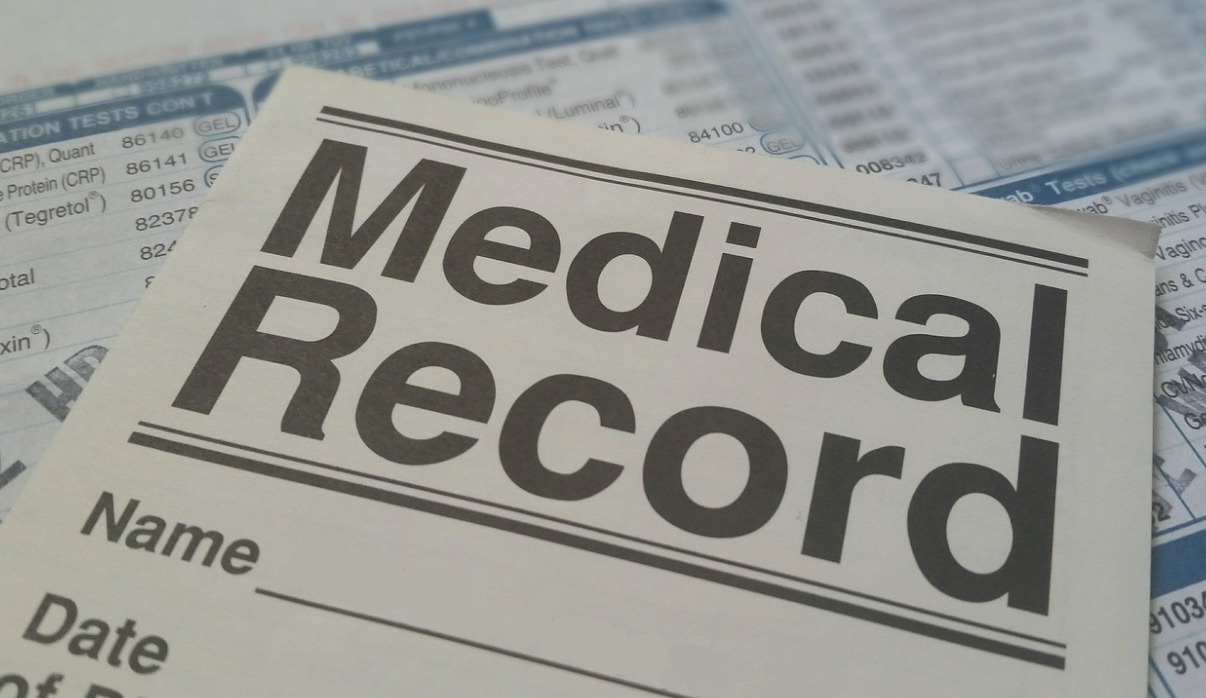In a world where we entrust our health and well-being to medical professionals, the thought of encountering medical malpractice can be a terrifying prospect. While most healthcare providers are dedicated and diligent, the unfortunate truth is that errors can and do occur. Recognizing the signs of medical malpractice is not only crucial for your own safety but also for holding those responsible accountable.
In this blog post, we will dive into the often subtle yet significant indicators that may suggest you or a loved one has been a victim of medical malpractice. Knowledge is power, and understanding these signs can help you seek the justice and care you deserve. Let’s get to the list.
Reader's Roadmap
Review Medical Records
Reviewing your medical records is a crucial initial step in the process of detecting signs of medical malpractice. These records contain a detailed account of your healthcare journey, including diagnoses, treatments, and any procedures performed. When scrutinizing these documents, look for inconsistencies, inaccuracies, or omissions that may indicate medical errors or deviations from standard medical practices.
Pay special attention to test results, prescription orders, and treatment notes. If you discover any irregularities, it’s important to document them and seek further medical and legal advice to assess the potential for medical malpractice. Accurate record analysis is essential for building a strong case.
Research and Consult Legal Advice
In cases where you suspect medical malpractice, conducting thorough research and seeking legal counsel are essential steps to protect your rights and explore potential remedies. Begin by educating yourself about the standard of care relevant to your medical condition and the potential breaches that may have occurred.
After gathering relevant information, consult an attorney specializing in medical malpractice to assess the strength of your case. For instance, an experienced attorney in Philadelphia can guide you through the legal process, helping you understand your rights and the potential for compensation. Taking this proactive step is vital in pursuing justice and holding healthcare providers accountable for substandard care.
Seek a Second Opinion
When you’re uncertain about your diagnosis or treatment, obtaining a second medical opinion is a prudent course of action. Consulting another healthcare professional can help verify the accuracy of your initial assessment, ensuring that you receive the most appropriate care. A fresh perspective may uncover potential errors or deviations from established medical protocols.
It’s a valuable step to safeguard your health and well-being. In cases of medical malpractice suspicion, a second opinion can provide crucial evidence and expert insight to support your case. Always prioritize your health and consider seeking an alternative viewpoint to secure the best possible care.
Communication Breakdown
In healthcare, effective communication between patients and medical professionals is paramount. A breakdown in communication can be a warning sign of potential medical malpractice. Instances such as unanswered questions, unclear explanations, or a lack of informed consent can jeopardize patient safety and treatment outcomes. Patients should actively participate in their healthcare by advocating for clear and open communication with their healthcare providers.
Failure to understand treatment options, risks, or alternative therapies due to communication issues can lead to detrimental medical errors. Identifying and addressing communication breakdowns is crucial in ensuring a safer and more effective healthcare experience and preventing potential malpractice situations.
Persistent Symptoms or Complications
When medical treatment results in persistent symptoms or unexpected complications, it’s important to investigate whether medical malpractice might be a contributing factor. While not every adverse outcome is indicative of malpractice, it’s essential to monitor your health closely and keep records of any changes or issues that arise post-treatment.
The persistence of symptoms or the emergence of new complications may point to errors, misdiagnoses, or substandard care. Consulting with medical professionals and potentially seeking a second opinion can help determine the cause and whether further legal action may be warranted to address the situation and secure the best possible care.
Consult with Medical Boards and Regulatory Authorities

If you suspect medical malpractice, reaching out to your state’s medical board or relevant regulatory authorities is a crucial step toward seeking accountability and ensuring patient safety. These organizations oversee healthcare professionals‘ conduct and investigate allegations of malpractice.
By reporting your concerns, you contribute to a system that holds healthcare providers accountable for substandard care. While they may not provide legal remedies directly, they can take actions such as investigations, disciplinary measures, or license revocations when warranted. Collaborating with these authorities is a vital way to protect the well-being of other patients and maintain the integrity of the healthcare system.
Identifying signs of medical malpractice is of paramount importance to safeguard patient well-being and hold healthcare providers accountable. Reviewing medical records, seeking second opinions, addressing communication breakdowns, monitoring persistent symptoms, researching standards of care, and consulting legal and regulatory authorities are all essential steps in this process. By being vigilant and proactive in recognizing potential malpractice, patients can work towards ensuring the highest standards of care, promoting safety, and seeking justice when necessary.







Leave a Reply
View Comments